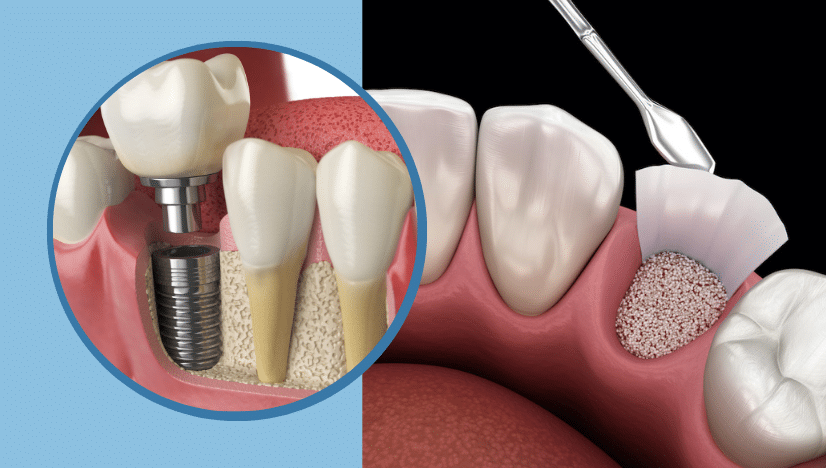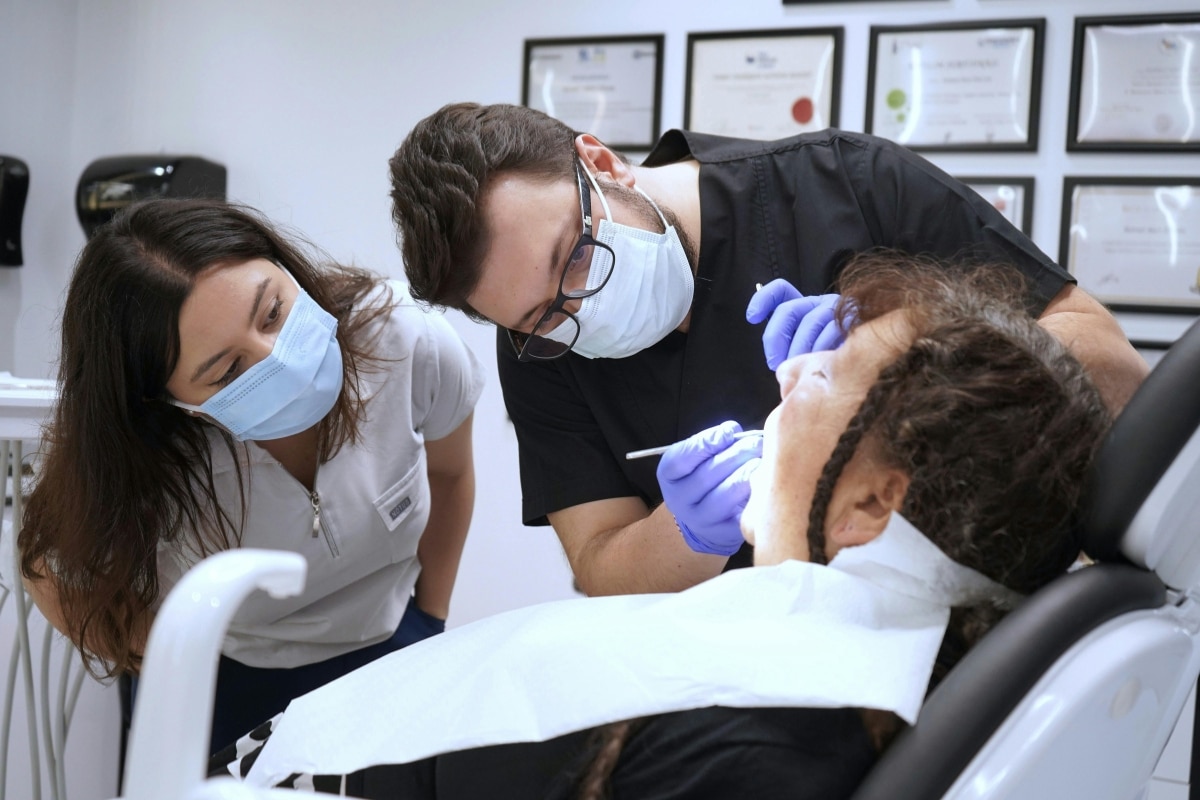
How Bone Grafting Supports Your Dental Implants
Have you considered dental implants as an option to replace your missing teeth? Dental implants are a popular and effective solution, but sometimes, your jawbone may not be strong enough to support them. That’s where bone grafting comes in. In this blog, we’ll explore how bone grafting supports your dental implants and why it’s a crucial step in achieving a healthy and confident smile. If you’re looking for information on dental implants in Butler, keep reading!
What Is Bone Grafting?
It is a surgical procedure that involves adding bone or bone-like materials to your jaw. This process strengthens and rebuilds the bone structure, providing a solid foundation for dental implants. There are several types of bone grafts, including:
- Autografts: Bone taken from another part of your body.
- Allografts: Donor bone from a cadaver.
- Xenografts: Bone from an animal, usually a cow.
- Alloplasts: Synthetic materials.
Your dentist in Butler will determine the best type of bone graft for your specific needs.
Why Is Bone Grafting Necessary for Dental Implants?
Dental implants need a sturdy base to be effective and long-lasting. If your jawbone is too thin or soft, the implants might not stay in place. It ensures there is enough bone to support the dental implants, making the dental implant placement process smoother and more successful.
The Bone Grafting Procedure
The bone grafting procedure typically follows these steps:
- Consultation and Evaluation: Your dentist in Butler will evaluate your jawbone using X-rays and scans to determine if grafting is necessary.
- Surgery: During the surgery, the dentist will make an incision in your gums to access the jawbone. The bone graft material is then placed and secured.
- Healing: After the surgery, the grafted bone needs time to integrate with your natural bone. This healing process can take several months.
- Dental Implant Placement: Once the graft has healed, the dentist will proceed with the dental implant placement. The implants are inserted into the strengthened jawbone, ensuring they are secure and stable.
Benefits of Bone Grafting for Dental Implants
It offers numerous benefits, including:
- Enhanced Stability: A stronger jawbone provides better support for dental implants.
- Improved Oral Health: Replacing missing teeth helps maintain the structure of your jaw and prevents further bone loss.
- Better Aesthetics: A robust bone structure ensures that your implants look natural and blend seamlessly with your existing teeth.
- Long-term Success: Bone grafting increases the longevity of your dental implants, making them a reliable solution for replacing missing teeth.
Who Needs Bone Grafting?
Not everyone needs bone grafting for dental implants. However, it is often recommended for:
- Patients with significant bone loss due to periodontal disease or trauma.
- Individuals who have been missing teeth for a long time and have experienced bone resorption.
- Those with congenital defects affecting the jawbone.
Your dentist in Butler will assess your condition and advise whether it is necessary.
Recovery and Aftercare
After the bone grafting procedure, it’s essential to follow your dentist’s aftercare instructions to ensure proper healing. This may include:
- Taking pain medication and antibiotics to feel better and avoid getting sick.
- Avoiding certain foods and activities that may disrupt the graft.
- Attending follow-up appointments to monitor the healing process.
Once the graft has healed, you’ll be ready for dental implant placement, bringing you one step closer to a complete and healthy smile.
Conclusion
Bone grafting plays a vital role in supporting dental implants, ensuring they are stable, secure, and long-lasting. If you’re considering dental implant in Butler, understanding the importance of bone graft can help you make an informed decision. For expert advice and personalized care, look no further than Pearl Dentistry of Butler. Our experienced team is dedicated to helping you achieve the smile you’ve always wanted through advanced dental implant procedures and compassionate care. Contact us today to learn more about how we can help you with dental implants and bone grafting!
Remember, a healthy smile starts with a strong foundation. Bone grafting can make all the difference in your dental implant journey, providing the support you need for a beautiful and functional smile.





